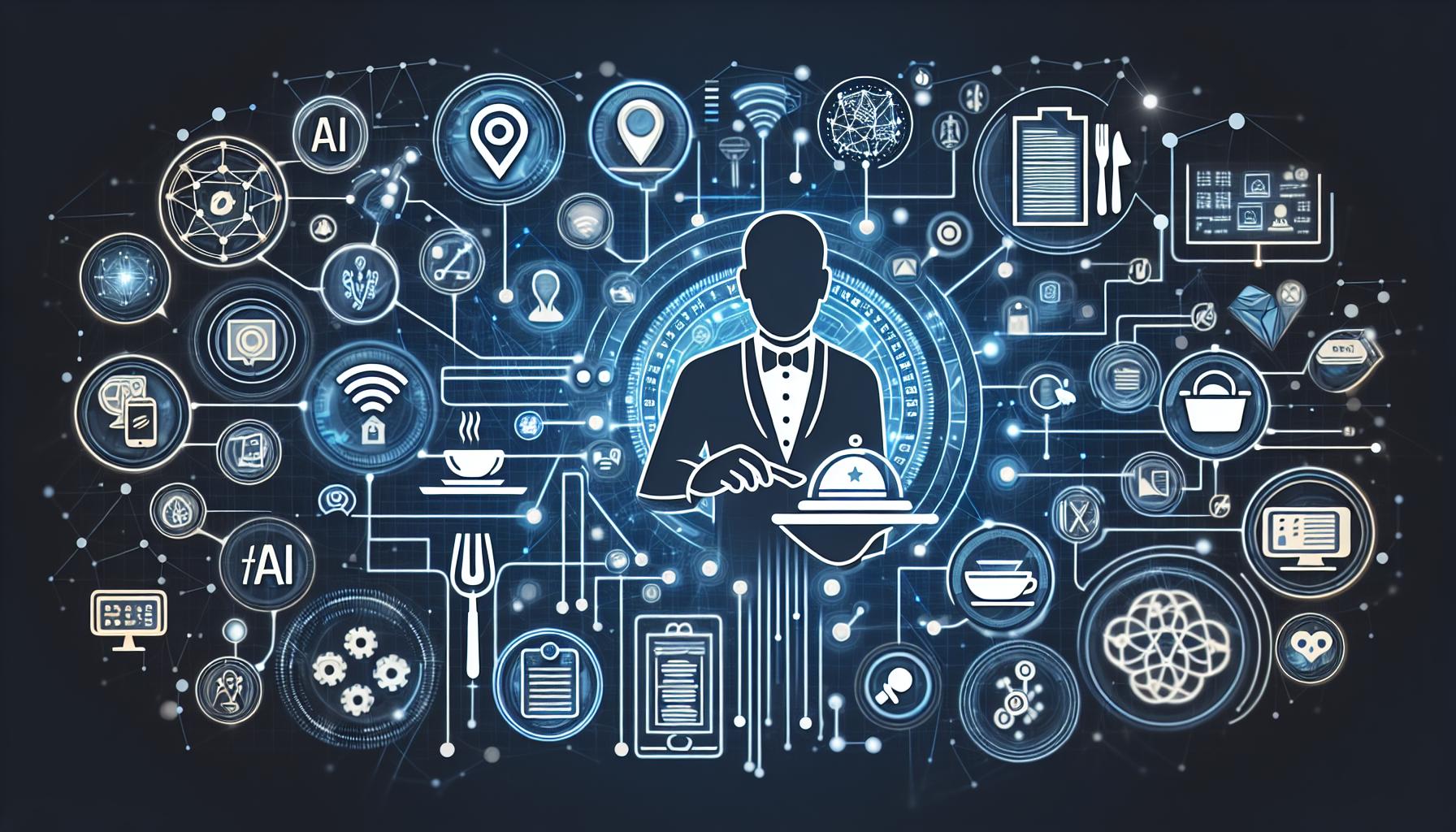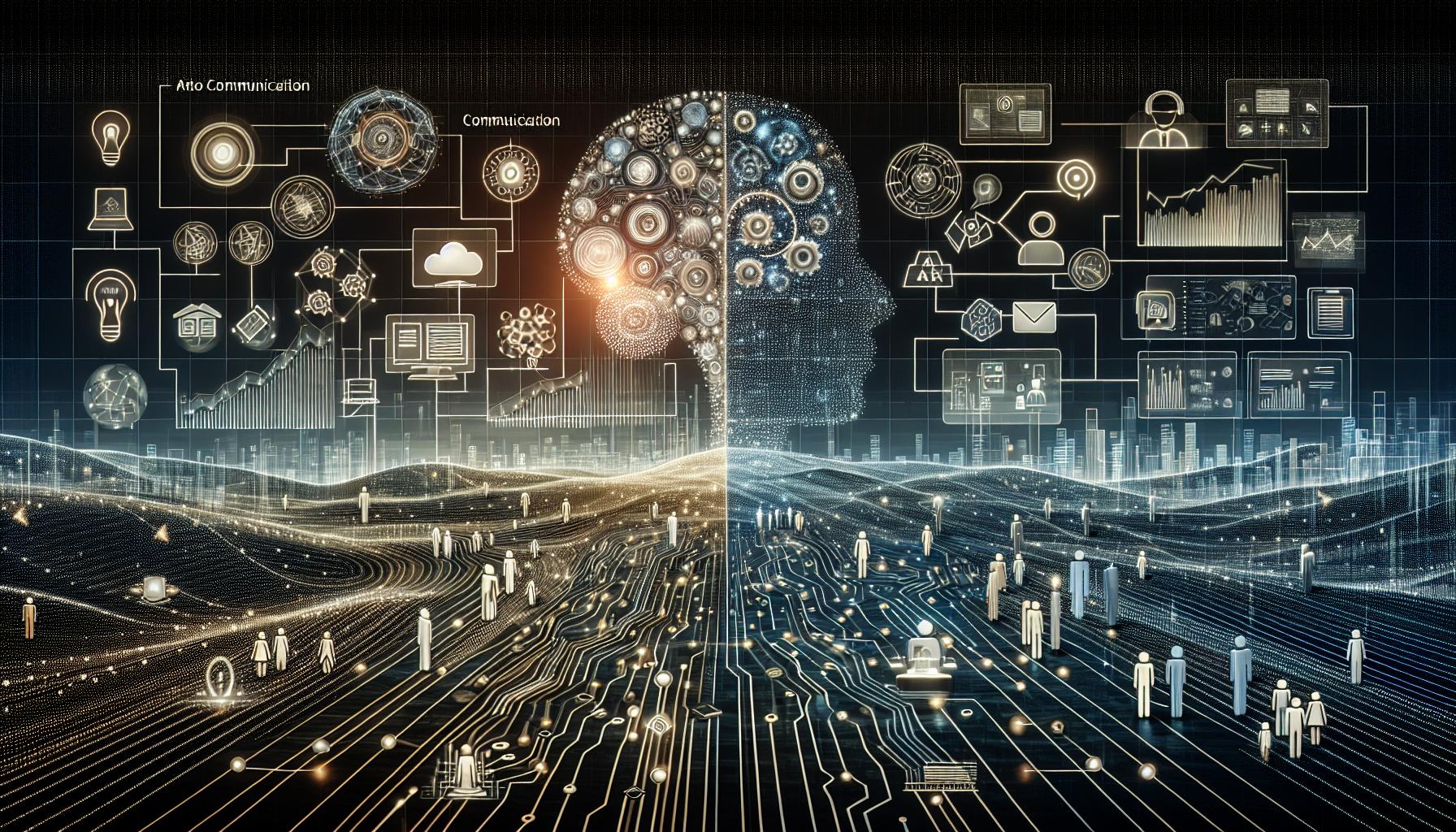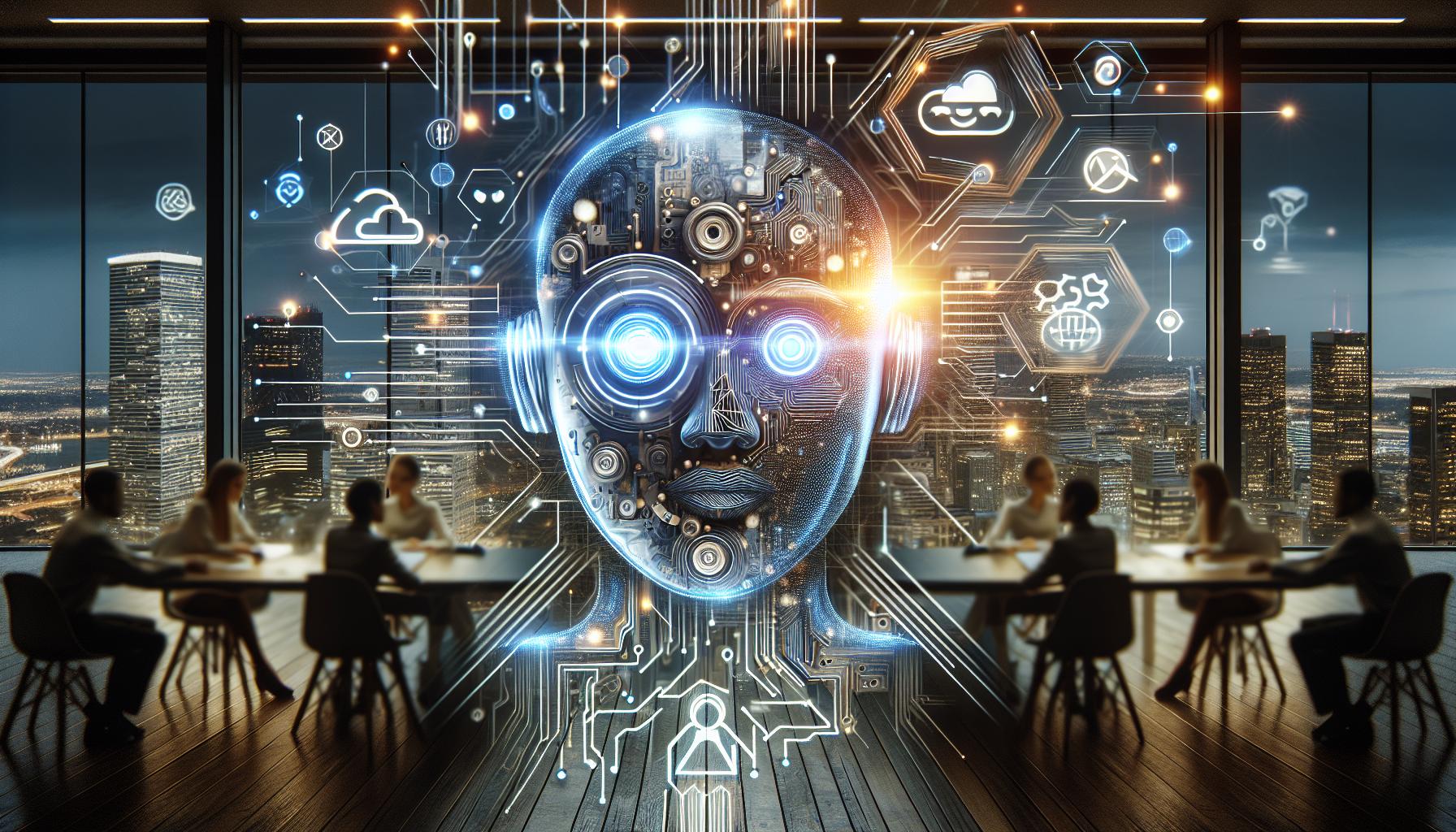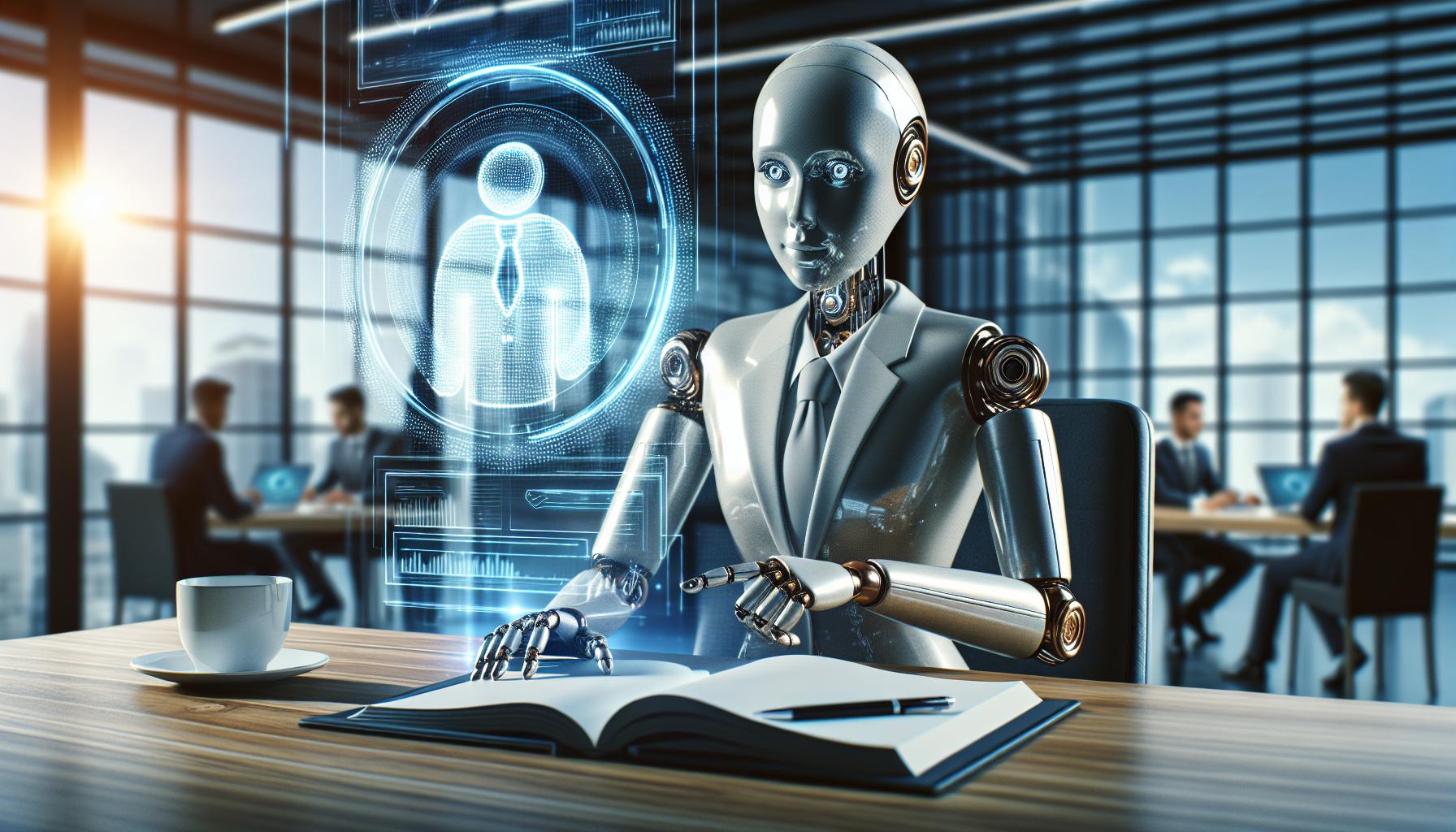Revolutionizing Restaurant Operations with AI: The Greez Zebra Experience

Introduction
The integration of Artificial Intelligence (AI) in various sectors has revolutionized traditional operational models, and the restaurant industry is no exception. As businesses seek new ways to enhance efficiency and customer experience, A.I. emerges as a compelling solution. This article delves into the transformative role of A.I. in restaurant operations, emphasizing automation in customer communication and interaction, with a spotlight on Greez Zebra's innovative approach.
Bringing A.I. to Restaurant Communications
Automated Phone Systems
One of the primary applications of A.I. in restaurant settings is in handling incoming phone communication. Voice recognition technology allows A.I. systems to manage calls, handle reservations, and answer FAQs, significantly reducing wait times and freeing up staff to focus on in-house guests. The technology is advanced enough to ensure that interactions feel seamless and personable, mimicking human responses to provide a pleasant customer experience.
SMS and Messaging Integration
AI does not stop at voice communication. Integration with SMS and other messaging platforms enables automated systems to handle confirmations, respond to customer queries, and collect real-time feedback. These systems offer quick, automated responses that maintain engagement and inform customers, thus enhancing the service experience without necessitating human intervention at every point.
Interactive A.I. Chat Menus
Innovations continue with AI-driven chat interfaces that allow customers to interact directly with a digital menu. This technology supports order placing, inquiries about dishes, and even provides personalized recommendations based on customer preferences and previous orders, using sophisticated data analytics to tailor the dining experience uniquely for each customer.
Case Study: Greez Zebra
Greez Zebra, a pioneering example in the integration of A.I. within the restaurant industry, illustrates the potential of these technologies to overhaul traditional operations. The restaurant has successfully implemented A.I. systems for managing phone calls, handling SMS, and maintaining an interactive chat menu. This section outlines the technologies employed, integration processes undertaken, and measurable outcomes achieved, such as enhanced service efficiency and improved customer satisfaction.
Benefits of A.I. in the Restaurant Industry
The adoption of A.I. in restaurant operations brings several advantages, including operational efficiency, enhanced customer engagement, and significant reductions in human error. A.I. systems excel in managing high volumes of customer interactions, especially during peak business hours, ensuring consistent quality of service.
Facing the Challenges
Despite the apparent benefits, the adoption of A.I. comes with its set of challenges, such as the initial costs of integration, the need for staff training, and the balance of maintaining a personal touch amidst automation. This section discusses these challenges and provides insights on how they can be overcome, referencing industry best practices and the success story of Greez Zebra.
Conclusion
As demonstrated by Greez Zebra, incorporating A.I. into restaurant operations not only boosts efficiency and customer satisfaction but also positions businesses to remain competitive in a rapidly evolving marketplace. For restaurants contemplating AI, the advantages far outweigh the initial hurdles, making it an investment worth considering.
Call to Action
For restaurant owners and managers intrigued by the possibilities of AI, the journey begins with understanding specific business needs and consulting with A.I. technology providers to explore suitable solutions.




